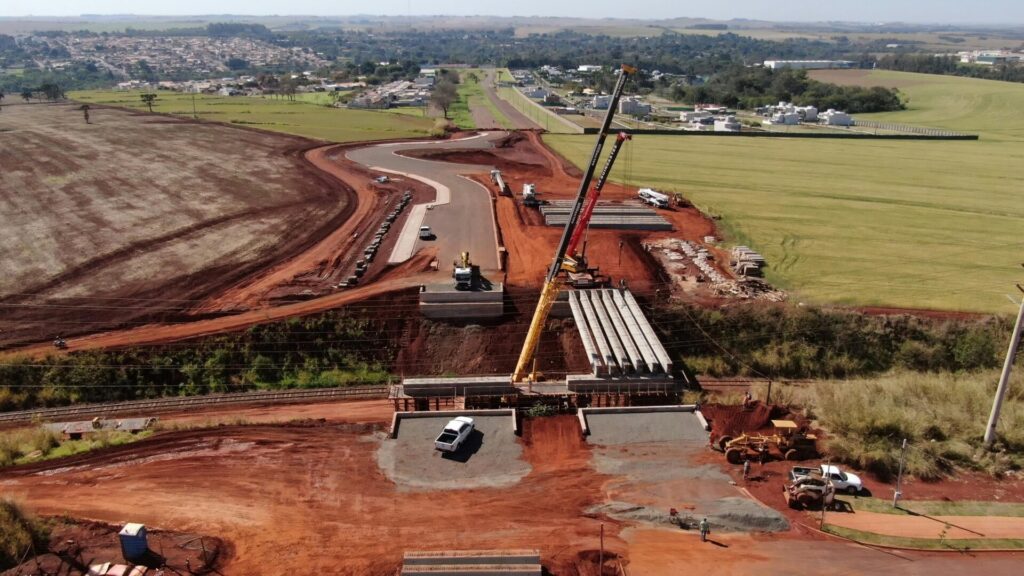Appealing Development Control Orders in NSW
Development Control Orders (DCOs) are a critical aspect of urban planning and property development in New South Wales (NSW). These orders are issued by local councils or other planning authorities to ensure that developments comply with planning laws and regulations. However, they can sometimes pose challenges for property owners and developers. Understanding the types of DCOs, their impacts, and the process for appealing them is essential for anyone involved in property development. This article provides a comprehensive overview of these aspects and highlights the importance of obtaining legal advice when dealing with DCOs.
Understanding Development Control Orders
Development Control Orders are legal instruments used by planning authorities to regulate land use and development. They are designed to ensure that developments align with local planning policies and community expectations. In NSW, DCOs can take various forms, each serving a specific purpose. In NSW, DCOs are issued under Division 9.3 and Schedule 5 of the Environmental Planning and Assessment Act 1979 (EP&A Act).
Types of Development Control Orders
There are a number of different DCOs which may be issued under the EP&A Act. The most common types of DCOs are set out below:
- Stop Work Orders: These orders require the immediate cessation of construction or development activities. They are typically issued when work is being carried out without the necessary approvals or in violation of existing conditions.
- Demolition Orders: Issued when a structure is deemed unsafe or non-compliant with planning regulations, requiring its removal.
- Compliance Orders: These orders mandate specific actions to bring a development into compliance with planning laws, such as modifying a building or altering land use.
- Rectification Orders: Similar to compliance orders, these require corrective actions to address breaches of planning conditions or rectify unauthorized work.
Potential Impacts on Property Owners and Developers
Development Control Orders can have significant impacts on property owners and developers. Understanding these impacts is crucial for effective planning and decision-making.
- Financial Implications: Compliance with DCOs can be costly, involving expenses for legal advice, construction modifications, or fines for non-compliance.
- Project Delays: Stop work orders and compliance requirements can lead to significant delays in project timelines, affecting profitability and market opportunities.
- Property Value: Non-compliance with DCOs can negatively impact property values, making it difficult to sell or lease properties.
- Reputation: Developers and property owners may suffer reputational damage if they are perceived as non-compliant with planning regulations.
Additionally, it is an offence under section 9.37 of the EP&A Act to fail to comply with a DCO. Property Owners and Developers should be aware of their options to appeal, defend, or comply with the issuance of a DCO.
The Process for Appealing Development Control Orders
Appealing a Development Control Order is a complex process that requires a thorough understanding of planning laws and procedures. Here is a step-by-step guide to navigating the appeal process in NSW.
Step 1: Review the Order
Upon receiving a DCO, it is essential to carefully review the order to understand the specific requirements and reasons for its issuance. This will help in formulating a strategy for appeal.
Step 2: Seek Legal Advice
Engaging a legal expert with experience in planning law is crucial. They can provide valuable insights into the validity of the order and the likelihood of a successful appeal.
Step 3: Prepare the Appeal
Gather all necessary documentation, including any development plans, correspondence with the planning authority, and any evidence supporting your case. A well-prepared appeal is more likely to succeed.
Step 4: Lodge the Appeal
Submit the appeal to the appropriate body, which is the Land and Environment Court of NSW. Ensure that all deadlines are met and that the appeal is lodged in accordance with procedural requirements.
Step 5: Attend Hearings
Be prepared to present your case at hearings. This may involve providing evidence, calling witnesses, and making legal arguments. Legal representation can be invaluable during this stage.
The Power of the Court on Appeal
Division 8.5 of the EP&A Act provides property owners and developers the legal right to appeal against the issuance of a DCO, and provides the Land and Environment Court of NSW the power to:
- Revoke the development control order
- Modify the development control order
- Substitute for the development control order any other order that the relevant enforcement authority who gave the order could have given
- Find that the development control order is sufficiently complied with
- Make such order with respect to compliance with the development control order as the Court thinks fit
- Make such other order with respect to the development control order as the Court thinks fit
When appealing a DCO, it is important to consider the legal strategy, and what order is sought from the Court as this will vary from case to case.
Why Legal Advice is Imperative
Dealing with Development Control Orders can be legally complex and challenging. Obtaining legal advice is imperative for several reasons:
- Expertise: A planning lawyer has the expertise to interpret planning laws and regulations, ensuring that your appeal is grounded in solid legal arguments.
- Strategy: A planning lawyer can help develop a strategic approach to the appeal, increasing the chances of a favourable outcome.
- Representation: Legal representation can be crucial during hearings, where skilled advocacy can make a significant difference.
- Risk Mitigation: Legal advice can help identify potential risks and liabilities, allowing you to make informed decisions.
Conclusion
Development Control Orders play a vital role in ensuring that property developments comply with planning laws and community standards. However, they can also present challenges and risks for property owners and developers. Understanding the types of DCOs, their potential impacts, and the process for appealing them is essential for navigating the complexities of urban planning in NSW. Engaging a planning lawyer is crucial in this process, providing the knowledge and representation needed to effectively challenge DCOs and protect your property interests. By taking a proactive approach and seeking professional advice, you can navigate the appeal process with confidence and achieve the best possible outcome for your development project.
If you require advice from an experienced planning lawyer, please contact us today for assistance.



